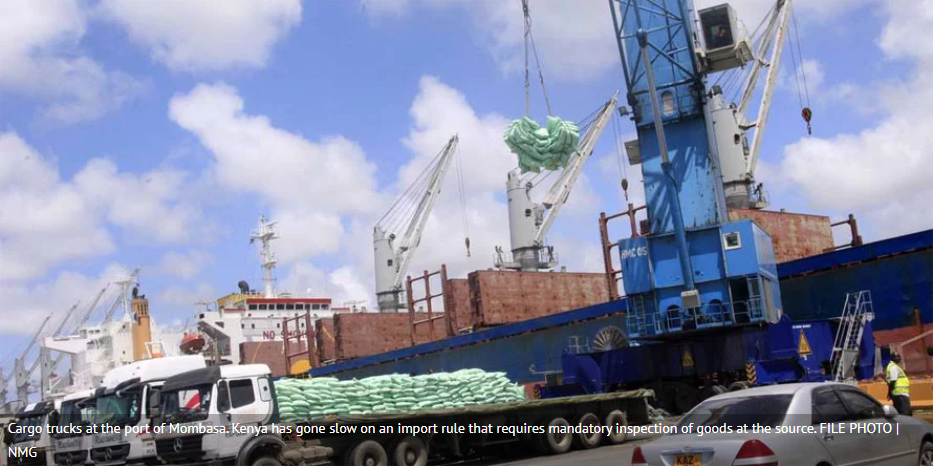“It has been a huge problem for small- scale traders for their goods to be cleared by foreign standards bodies. We have now reviewed the decision so that it is not compulsory to test the goods at the country of origin,” Mr Munya told Parliament yesterday.
Appearing before the National Assembly’s Committee on Trade, Mr Munya said the Kebs-hired inspectors will henceforth work alongside the national quality inspectors of countries of origin.
The State had contracted private agencies to check goods for standards compliance before entering Kenya under the Pre-Export Verification on Conformity programme created in 2005.
“Why we avoided them (national standards bodies) I do not know. We have agreed to open up the process and ease the inspection,” Mr Munya added.
The order to shift to PVOC programme came amid concerns that high volumes of uninspected goods at the port was fueling Customs tax evasion and allowing easy flow of counterfeits into the country.
Unlike the PVOC arrangement where goods type and quality description are available in the manifest by the time cargo arrive at the port, quality inspectors have to start their work from scratch in the case of uninspected goods.
The Government had in December, 2015, ordered that imported cargo must be inspected at the country of origin and issued with a certificate of inspection.
At the time, importers and experts had warned of increased costs under the directive whose implementation dragged for three years, up to January 2019.















